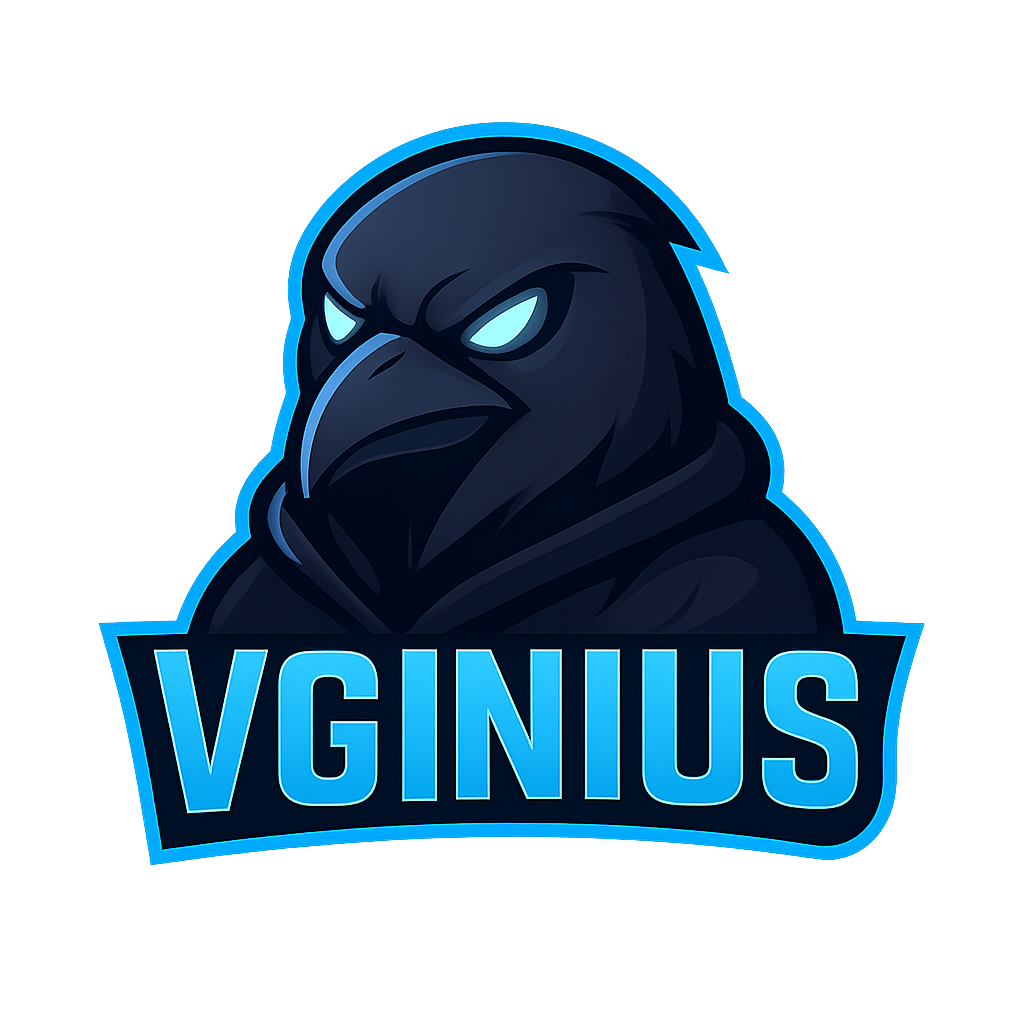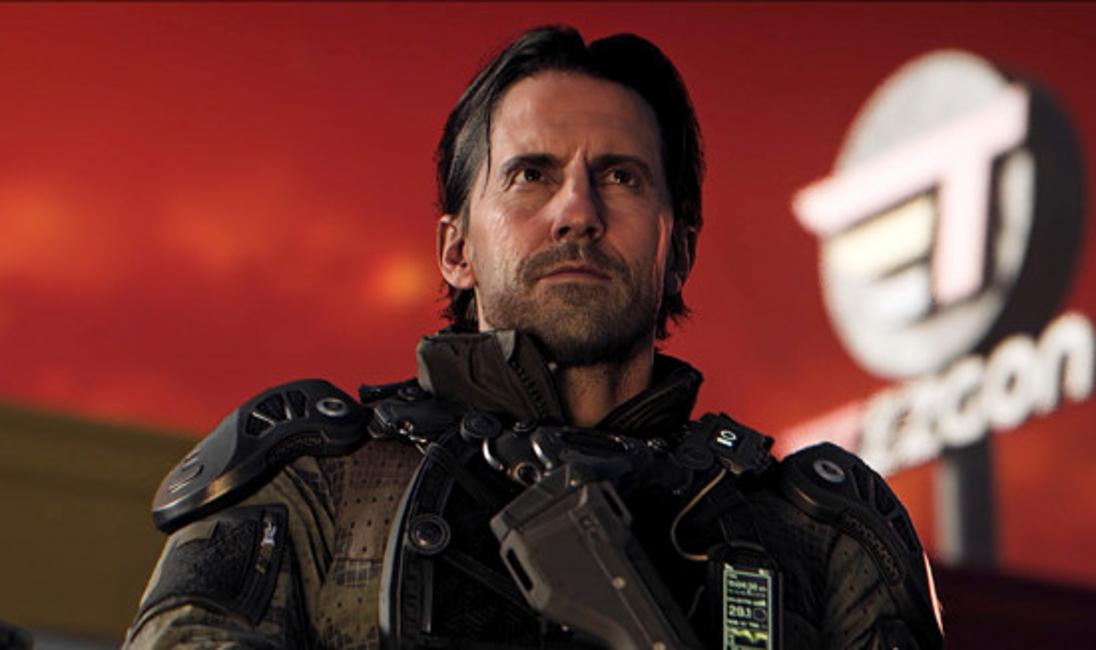Okay, so, Activision. The name alone conjures up images of late nights, frantic button-mashing, and maybe the odd energy drink stain on your favorite controller. But lately, the gaming giant has been making headlines for something a little…different. Something that might just change the way games are made forever.
We're talking about AI. Artificial intelligence. Specifically, its potential role in shaping the future of asset creation for games like the upcoming Black Ops 7. And I've got to admit, the more I dig into this, the more fascinating—and slightly unnerving—it becomes.
See, the traditional game development pipeline is, well, a pipeline. It's a long, often arduous process involving teams of artists, designers, and programmers all working in concert. Creating every single texture, model, and animation by hand? That's incredibly time-consuming. And time, as they say, is money.
But what if AI could step in and shoulder some of that burden? What if algorithms could generate realistic environments, design intricate character models, or even compose dynamic music on the fly? Activision seems to think it's not just possible, but a potential game-changer. (Pun intended.)
Black Ops 7: AI-Powered Development?
Now, before you start picturing Skynet taking over the gaming industry, let's clarify. Activision isn't aiming to replace human developers with sentient robots. At least, I don't think so. The idea, as they've presented it, is to "empower" their teams with AI tools that can streamline workflows and unlock new levels of creativity.
Think of it this way: instead of spending weeks painstakingly crafting every blade of grass in a virtual forest, an artist could use AI to generate a convincing base layer, then focus their attention on the finer details. It's about augmentation, not automation. Supposedly.
And the applications are vast. From generating realistic textures and materials to creating variations of existing assets, AI could potentially free up developers to focus on the more creative aspects of game design: storytelling, character development, and, you know, making the game actually fun to play.
But here's the thing (and this is where my slight unease creeps in): what happens when the line between human creativity and AI-generated content starts to blur? What happens when players can no longer distinguish between a level designed by a team of artists and one conjured up by an algorithm? Crazy Games What does that mean for the future of game art? This reminds me of Battle Arena Toshinden Return.
The Ethics of AI in Gaming
Let's not beat around the bush: there are ethical considerations here. Big ones. One of the biggest is the potential impact on jobs. If AI can automate significant portions of the game development process, what happens to the artists, designers, and programmers who currently fill those roles? Will they be retrained for new positions? Will they be displaced entirely?
Activision is touting this as a way to "empower" developers, but it's crucial to ensure that those developers are actually benefiting from these new technologies, not being replaced by them. It's a conversation that the industry needs to have, and it needs to happen now. According to a report by The Brookings Institute, AI-driven automation could disproportionately affect creative industries.
And then there's the question of artistic integrity. If AI is generating content based on existing datasets, are we at risk of homogenization? Are we losing the unique artistic vision that makes games so special in the first place? Will everything start to look and feel the same?
These are tough questions, and there are no easy answers. But I think it's important to approach this topic with a healthy dose of skepticism and a willingness to engage in open and honest dialogue. Because the future of game development – and the future of art, more broadly – may very well depend on it.
AI: Friend or Foe of Game Developers?
Ultimately, whether AI is a friend or foe to game developers will depend on how it's implemented and managed. If it's used responsibly, ethically, and with a focus on empowering human creativity, it could unlock incredible new possibilities. But if it's used as a cost-cutting measure, at the expense of human jobs and artistic integrity, it could have devastating consequences.
I initially thought this was all just hype, honestly. But after looking deeper, I'm starting to see the potential. The key, as with any powerful technology, is to wield it wisely. To use it to enhance our abilities, not replace them. To create games that are not only visually stunning but also deeply meaningful and emotionally resonant.
So, what's the verdict? Is Activision's use of AI a sign of things to come? Probably. Is it something to be feared? Not necessarily. But it is something to be watched closely. And something to be discussed openly and honestly. Because the future of gaming – and the future of creativity itself – is at stake. This reminds me of Assassin's Creed Shadows Switch Leak.
FAQ: AI and Activision's Black Ops 7
Will AI replace game developers at Activision?
That's the million-dollar question, isn't it? Activision says their goal is to empower developers, not replace them. The idea is that AI can handle some of the more repetitive or time-consuming tasks, freeing up human artists and designers to focus on the creative stuff. However, it's understandable to be concerned about potential job displacement, and it's crucial that Activision and other companies address these concerns proactively. The industry as a whole needs to think about retraining programs and support for workers who might be affected.
How will Activision use AI in Black Ops 7 asset creation?
Likely, AI will be used to generate textures, models, and animations. Imagine AI creating variations of trees, buildings, or even character clothing. This can significantly speed up the development process. Also, AI could be used to optimize game assets for different platforms, ensuring smooth performance on everything from high-end PCs to mobile devices.
Is AI-generated content as good as human-created content?
That's a matter of debate, and it depends on the specific application. AI can generate incredibly realistic and detailed content, but it often lacks the artistic vision and emotional depth that a human artist can bring. The best approach is likely a hybrid one, where AI is used to create a base layer, and human artists then refine and enhance the content. Think of it as AI being a really talented assistant, not a replacement for the artist.
What are the ethical concerns surrounding AI in game development?
Beyond job displacement, there are concerns about artistic integrity, homogenization of content, and the potential for AI to perpetuate biases. If AI is trained on biased datasets, it could generate content that is discriminatory or offensive. It's important for developers to be aware of these risks and to take steps to mitigate them.
How do I know if a game uses AI-generated content?
That's becoming increasingly difficult to tell! As AI technology improves, it's harder to distinguish between human-created and AI-generated content. However, you might notice certain patterns or a lack of originality in AI-generated content. For instance, textures might look overly perfect, or character designs might feel generic. It ultimately boils down to developing a critical eye and paying attention to the details.





















